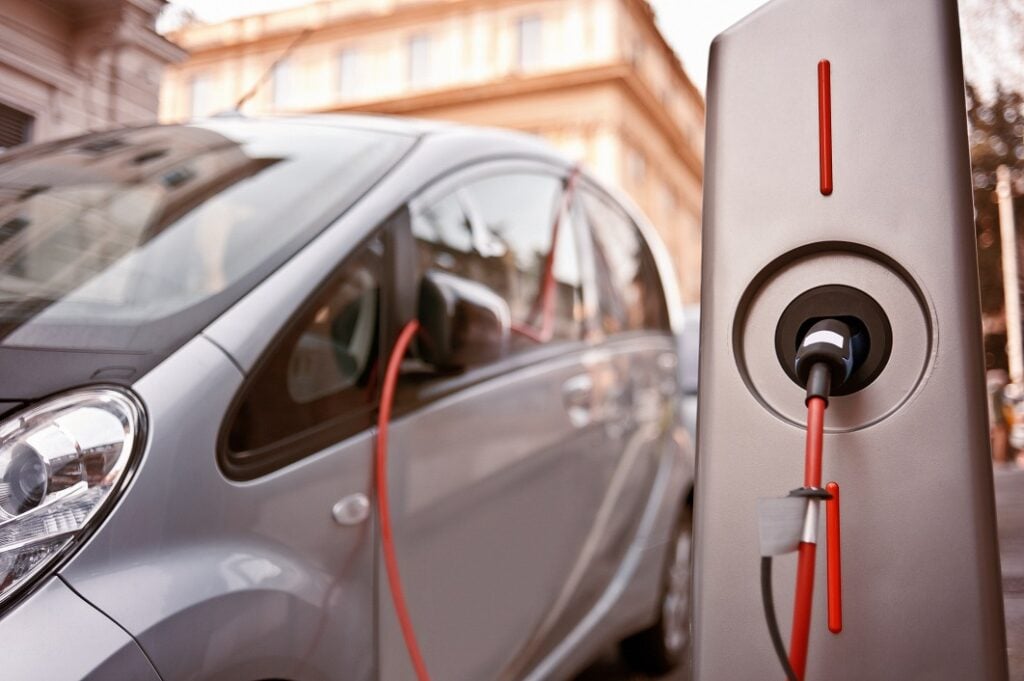The government is today (14 June) ending the plug-in car grant, with it to now focus on improving charging infrastructure.
The grant – which offered £1,500 for electric vehicles (EVs) costing under £32,000 – has successfully kickstarted the switch to electric, the government said in its announcement.
It pointed to how battery and hybrid EVs now make up over half of all new cars sold, while EV ownership rose 71% year-on-year in 2021.
“The government has always been clear the plug-in car grant was temporary and previously confirmed funding until 2022-23. Successive reductions in the size of the grant, and the number of models it covers, have had little effect on rapidly accelerating sales or on the continuously growing range of models being manufactured,” the government’s announcement said.
Now, £300 million of grant funding is to be refocused towards extending plug-in grants to raise sales of taxis, motorcycles, vans and trucks and wheelchair accessible vehicles.
The shift in focus will also allow government funding to target expanding the public chargepoint network, with an aim of helping to eradicate range anxiety and ensuring the transition to zero-emission transport is easy and convenient for all drivers across the UK.
Existing EV charging funds from the government include the £950 million Rapid Charging Fund, which is aiming to deliver six high-power, open access EV chargepoints at each motorway service area by 2023 and 6,000 in total by 2035.
Additionally, the Charging Infrastructure Investment Fund (CIIF) – which has invested in EV firms such as InstaVolt and char.gy – is made up of both private and government funding.
The government also referenced a new public evaluation report which it said highlighted that while the plug-in car grant was vital in building the early market for EVs, it has since been having less of an effect on demand.
However, in 2021 the Society of Motor Manufacturers and Traders (SMMT) found that preserving the plug-in car grant and providing consumer VAT exemption could increase uptake by almost two thirds by 2026 compared to projections made at the time.
Several months later, sales of plug-in hybrids, which usually fall behind BEV sales, were more popular following cuts to the Plug-in Car Grant.
Edmund King, AA president, said: “The plug has been pulled at the wrong time on this important grant before many users, still waiting for delayed EVs due to global shortages, have made the change.
“With record prices at the pumps and households budgets already stretched, removing the last incentive to go electric could stall this important move to electrification and helping drivers to escape the fossil-fuel-price nightmare once and for all.”
All existing applications for the grant are to be honoured, the government said. Additionally, where a car has been sold in the two working days before the announcement, but an application for the grant from dealerships has not yet been made, the sale will also still qualify for the grant.
Claire Miller, director of technology and innovation at Octopus Electric Vehicles, said: “It’s now over to the manufacturers to meet demand with supply. Supply chain issues have led to long wait times for the latest EVs on the market. Manufacturers must do everything they can to strengthen supply at every stage to meet current and predicted demand.
“Without it, we’ll have more customer frustration and slower growth of the second hand market through these crucial early years of the electric decade.”






